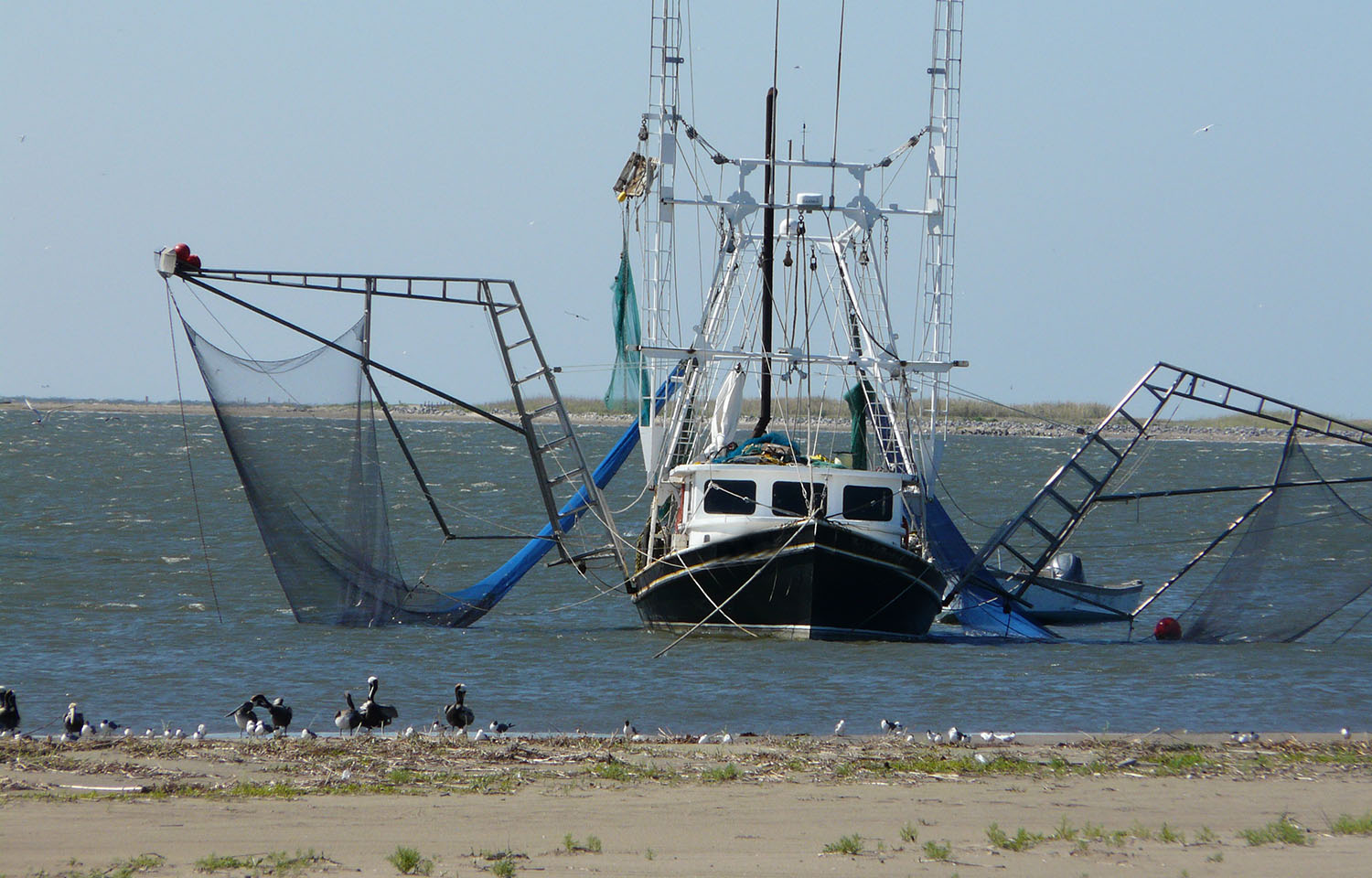The U.S. Department of Commerce has allocated USD 42 million (EUR 39 million) in financial relief for fishery disasters NOAA Fisheries has determined took place.
“Sustainable fisheries are essential to the health of our communities and support the nation’s economic well-being,” U.S. Secretary of Commerce Gina M. Raimondo said. “With these allocations, it is our hope that these funds help the affected communities and tribes recover from these disasters.”
The funding will be split between fisheries overseen by the U.S. states of Alaska, California, Louisiana, Mississippi, and Oregon as well as the Muckleshoot Indian Tribe and Yurok Tribe for disasters deemed to have occurred between 2017 to 2022.
- USD 1.2 million (EUR 1.1 million) for disasters affecting the Muckleshoot Indian Tribe coho, chum, and pink salmon fisheries in 2017 and 2019;
- USD 1.6 million (EUR 1.5 million) for disasters affecting the California red sea urchin fishery in 2018 and 2019;
- USD 7 million (EUR 6.5 million) for disasters affecting Oregon chinook salmon fisheries in 2018, 2019, and 2020;
- USD 19.7 million (18.2 million) for the disaster affecting the Louisiana saltwater finfish, oyster, and shrimp fisheries in 2020;
- USD 3 million (EUR 2.8 million) for the disaster affecting the Mississippi shrimp and oyster Fisheries in 2020;
- USD 406,000 (EUR 375,000) for the disaster affecting the Yurok Tribe chinook salmon fisheries in 2020;
- USD 7.5 million (EUR 6.9 million) for the disaster affecting the Louisiana saltwater finfish, oyster, and shrimp fisheries in 2021/2022; and
- USD 1.6 million (EUR 1.5 million) for the disaster affecting the Alaska Yukon River salmon fisheries in 2022.
“The impacts of fishery disasters are a great concern for the communities that depend on these fisheries to support the lives and livelihoods of their local economies,” Assistant Administrator for NOAA Fisheries Janet Coit said. “With climate change further stressing our fisheries and ecosystems, it is essential that we work together to mitigate the impacts of disasters, restore fisheries and help prevent future disasters.”
Funding was provided by Congress through the 2022 and 2023 Disaster Relief Supplemental Appropriations Acts and allocated by NOAA Fisheries according to commercial revenue loss information and traditional uses.
In a statement, U.S. Representative Garret Graves (R-Louisiana) criticized the federal government’s fishery disaster process for moving too slowly in getting funding into people’s hands.
"South Louisiana fishing communities are still reeling from the 2020 and 2021 natural disasters, compounded by the ongoing challenges of imported illegal shrimp and falsely labeled Chinese crawfish undercutting local supply in the market, skyrocketing gas prices and inflation, supply chain issues, and three years of Bonnet Carre Spillway openings," Graves said. “The life preserver is appreciated, but it is being thrown three years, several storms, and a few shark attacks too late.”
Graves has pushed for legislation to speed up the disaster relief funding process.
"Fishers shouldn't have to wait four years to receive funds from a disaster – while they've been waiting for dollars, many of them are tying their boats up and going out of business because of bureaucracy. Louisiana is the largest seafood supplier in the continental United States with a multibillion-dollar impact that drives the state economy and sustains local communities,” Graves said. “These funds are welcome relief but we will continue to fight for improvements to the allocation process so that recovery dollars get to fishers faster. We are also working to find help for our crawfishers who are suffering the effects of last year's drought and still recovering from natural disasters as well."
In December 2023, a group of Republican U.S. senators signed a joint letter to NOAA Assistant Administrator for Fisheries Janet Coit asking for NOAA Fisheries to improve the transparency of the fishery disaster process and create an online system to track disaster-assistance requests through NOAA’s decision-making process.
Photo courtesy of Shutterstock/poupine







